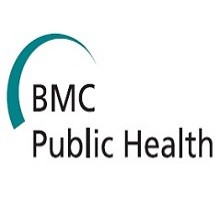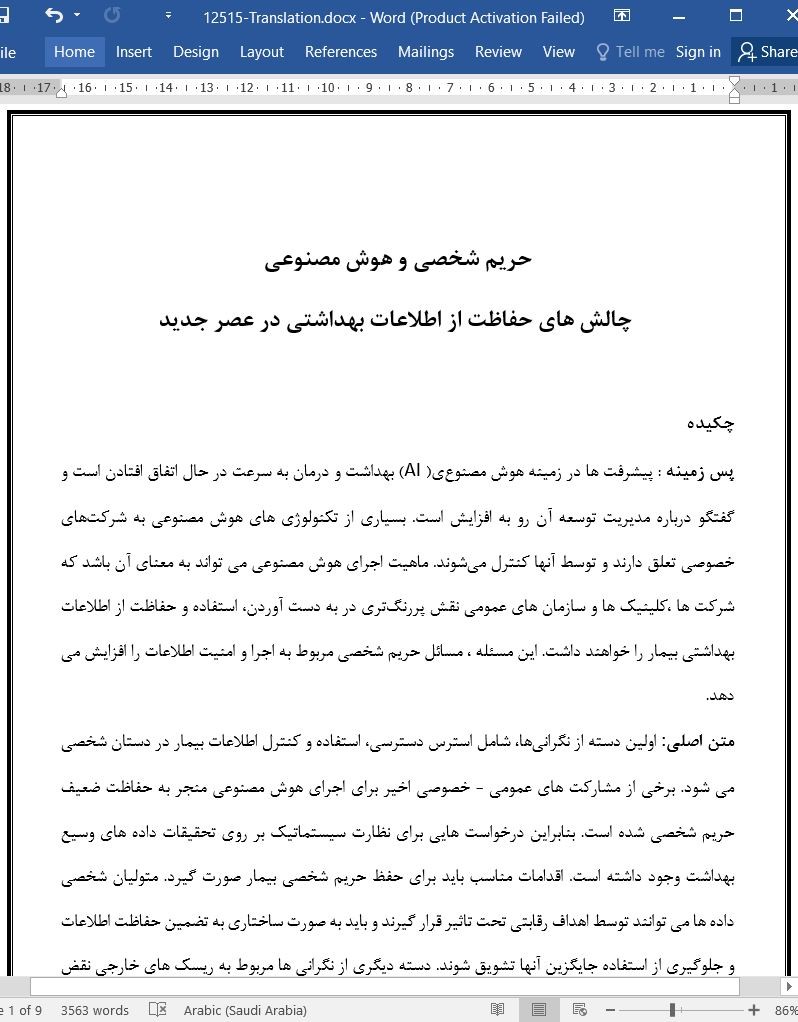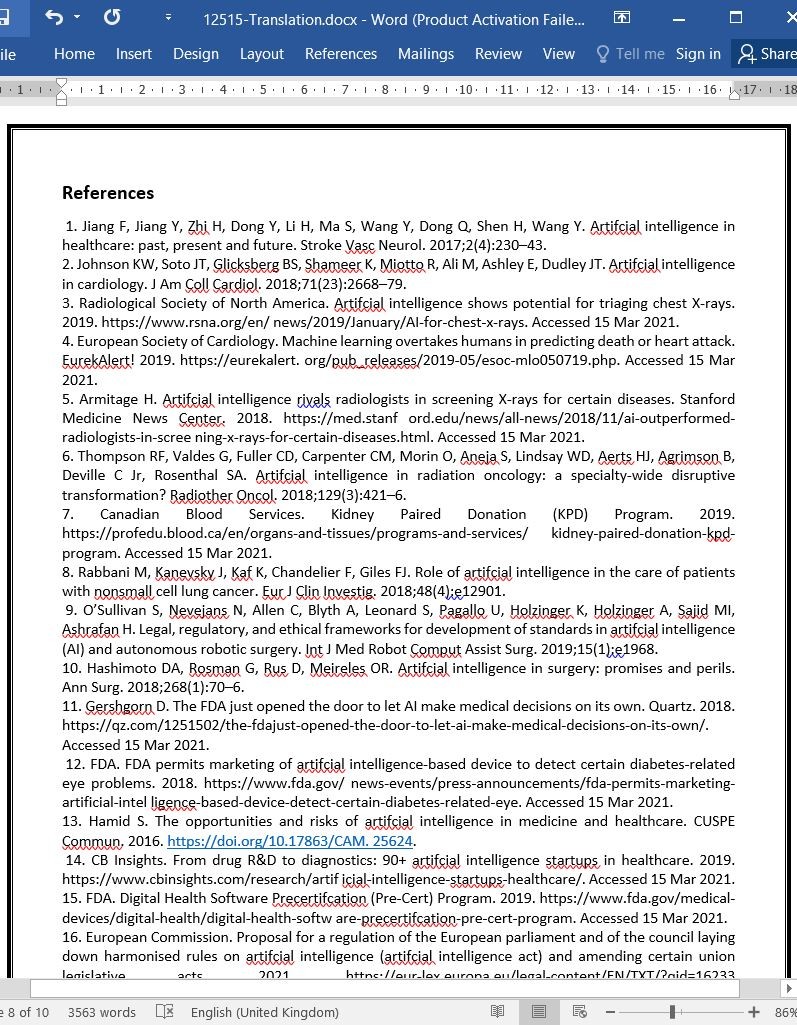
حریم شخصی و هوش مصنوعی
چکیده
پس زمینه : پیشرفت ها در زمینه هوش مصنوعی( AI) بهداشت و درمان به سرعت در حال اتفاق افتادن است و گفتگو درباره مدیریت توسعه آن رو به افزایش است. بسیاری از تکنولوژی های هوش مصنوعی به شرکتهای خصوصی تعلق دارند و توسط آنها کنترل میشوند. ماهیت اجرای هوش مصنوعی می تواند به معنای آن باشد که شرکت ها ،کلینیک ها و سازمان های عمومی نقش پررنگتری در به دست آوردن، استفاده و حفاظت از اطلاعات بهداشتی بیمار را خواهند داشت. این مسئله ، مسائل حریم شخصی مربوط به اجرا و امنیت اطلاعات را افزایش می دهد.
متن اصلی: اولین دسته از نگرانیها، شامل استرس دسترسی، استفاده و کنترل اطلاعات بیمار در دستان شخصی می شود. برخی از مشارکت های عمومی - خصوصی اخیر برای اجرای هوش مصنوعی منجر به حفاظت ضعیف حریم شخصی شده است. بنابراین درخواست هایی برای نظارت سیستماتیک بر روی تحقیقات داده های وسیع بهداشت وجود داشته است. اقدامات مناسب باید برای حفظ حریم شخصی بیمار صورت گیرد. متولیان شخصی داده ها می توانند توسط اهداف رقابتی تحت تاثیر قرار گیرند و باید به صورت ساختاری به تضمین حفاظت اطلاعات و جلوگیری از استفاده جایگزین آنها تشویق شوند. دسته دیگری از نگرانی ها مربوط به ریسک های خارجی نقض حریم شخصی از طریق روشهای مبتنی بر هوش مصنوعی است. توانایی ناشناساندن و یا ناشناس بودن اطلاعات بهداشتی بیمار ممکن است به خطر بیفتد و یا حتی در پرتو الگوریتم های جدید که چنین اطلاعاتی را مجدداً شناسایی می کنند، مورد تهدید قرار گیرد. این مسئله می تواند ریسک وارد بر اطلاعات بیمار تحت نظر متولیان شخصی را افزایش دهد.
نتایج: در حال حاضر ما در یک شرایط مشابه قرار داریم که در آن مقررات و نظارت بر ریسک در پشت فناوری هایی که آنها را کنترل میکنند، قرار می گیرد. مقررات باید بر رضایت و حریم شخصی بیمار تاکید داشته باشد و روش های حفاظت و گمنام سازی اطلاعات را مورد تشویق قرار دهد.
نتیجه گیری
این یک دوره هیجان انگیز در توسعه و اجرای هوش مصنوعی در زمینه بهداشت و درمان است.بیمارانی که داده های آنها توسط هوش مصنوعی مورد استفاده قرار میگیرند، اگر تا حد زیادی از بهبود این تکنولوژی بهره مند نباشند، اما به طور قابل توجهی سود خواهند برد. با این حال اجرای تکنولوژی بهداشت و درمان با چالش های جدی حریم شخصی مواجه است. با این وجود ، اجرای فنآوری بهداشت و درمان با چالشهای جدی حریم شخصی مواجه است . با توجه به اطلاعات پزشکی شخصی ، یکی از اشکالات اطلاعات خصوصی است و نگرانیهای عمدهای در مورد چگونگی دسترسی ، کنترل و استفاده از آن توسط گروههای ذی النفع در طول زمان با بهبود هوش مصنوعی وجود دارد .تاکید بر روی رضایت بیمار و توسعه مقررات در این فضا نشان دهنده ارزشهای قانونی و اخلاقی دموکراسیهای لیبرال میباشد. به عنوان مثال، الزامات لازم برای رضایت آگاهانه از لحاظ تکنولوژیکی برای استفاده های جدید از داده ها، در صورت امکان، به حفظ حریم خصوصی بیماران کمک می کند. همچنین اجازه استفاده از اطلاعات می تواند به وضوح منتقل شود.
Abstract
Background: Advances in healthcare artifcial intelligence (AI) are occurring rapidly and there is a growing discussion about managing its development. Many AI technologies end up owned and controlled by private entities. The nature of the implementation of AI could mean such corporations, clinics and public bodies will have a greater than typical role in obtaining, utilizing and protecting patient health information. This raises privacy issues relating to implementation and data security.
Main body: The frst set of concerns includes access, use and control of patient data in private hands. Some recent public–private partnerships for implementing AI have resulted in poor protection of privacy. As such, there have been calls for greater systemic oversight of big data health research. Appropriate safeguards must be in place to maintain privacy and patient agency. Private custodians of data can be impacted by competing goals and should be structurally encouraged to ensure data protection and to deter alternative use thereof. Another set of concerns relates to the external risk of privacy breaches through AI-driven methods. The ability to deidentify or anonymize patient health data may be compromised or even nullifed in light of new algorithms that have successfully reidentifed such data. This could increase the risk to patient data under private custodianship.
Conclusions: We are currently in a familiar situation in which regulation and oversight risk falling behind the technologies they govern. Regulation should emphasize patient agency and consent, and should encourage increasingly sophisticated methods of data anonymization and protection.
Conclusions
It is an exciting period in the development and implementation of healthcare AI, and patients whose data are used by these AI should beneft signifcantly, if not greatly, from the health improvements these technologies generate. Nonetheless, the implementation of commercial healthcare AI faces serious privacy challenges. Given personal medical information is among the most private and legally protected forms of data, there are signifcant concerns about how access, control and use by for-proft parties might change over time with a self-improving AI. An emphasis on patient agency and consent in the development of regulation in this space would refect the key legal and ethical values of liberal democracies. For example, requirements for technologically-facilitated recurrent informed consent for new uses of data, where possible, would help to respect the privacy and agency of patients.
چکیده
پس زمینه
متن اصلی
نگرانیها درباره دسترسی، استفاده و کنترل
مشکل شناسایی مجدد
نتیجه گیری
منابع
Abstract
Background
Main text
Concerns with access, use and control
The problem of reidentifcation
Conclusions
References
- اصل مقاله انگلیسی با فرمت ورد (word) با قابلیت ویرایش
- ترجمه فارسی مقاله با فرمت ورد (word) با قابلیت ویرایش، بدون آرم سایت ای ترجمه
- ترجمه فارسی مقاله با فرمت pdf، بدون آرم سایت ای ترجمه


